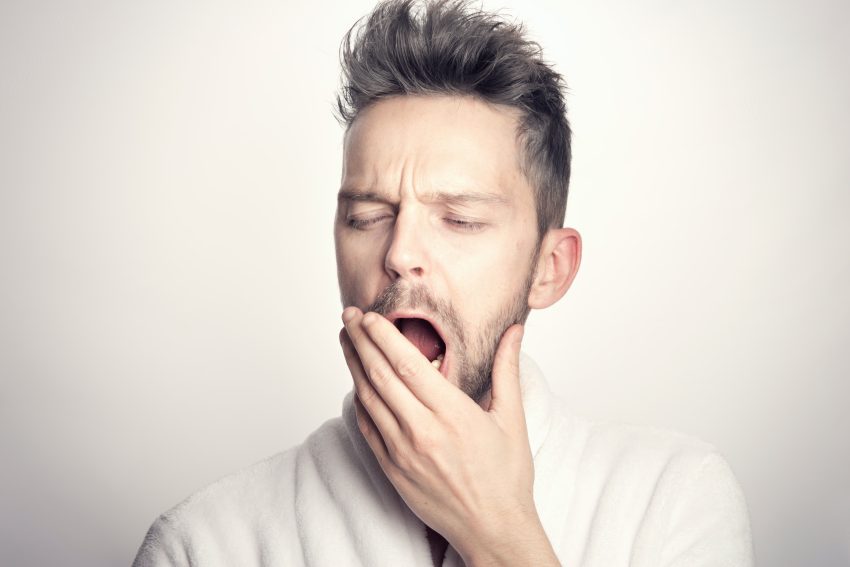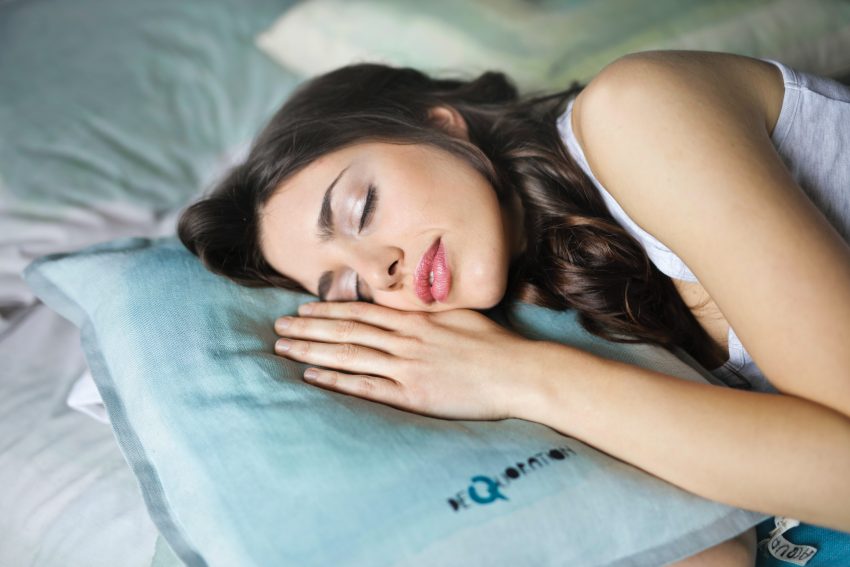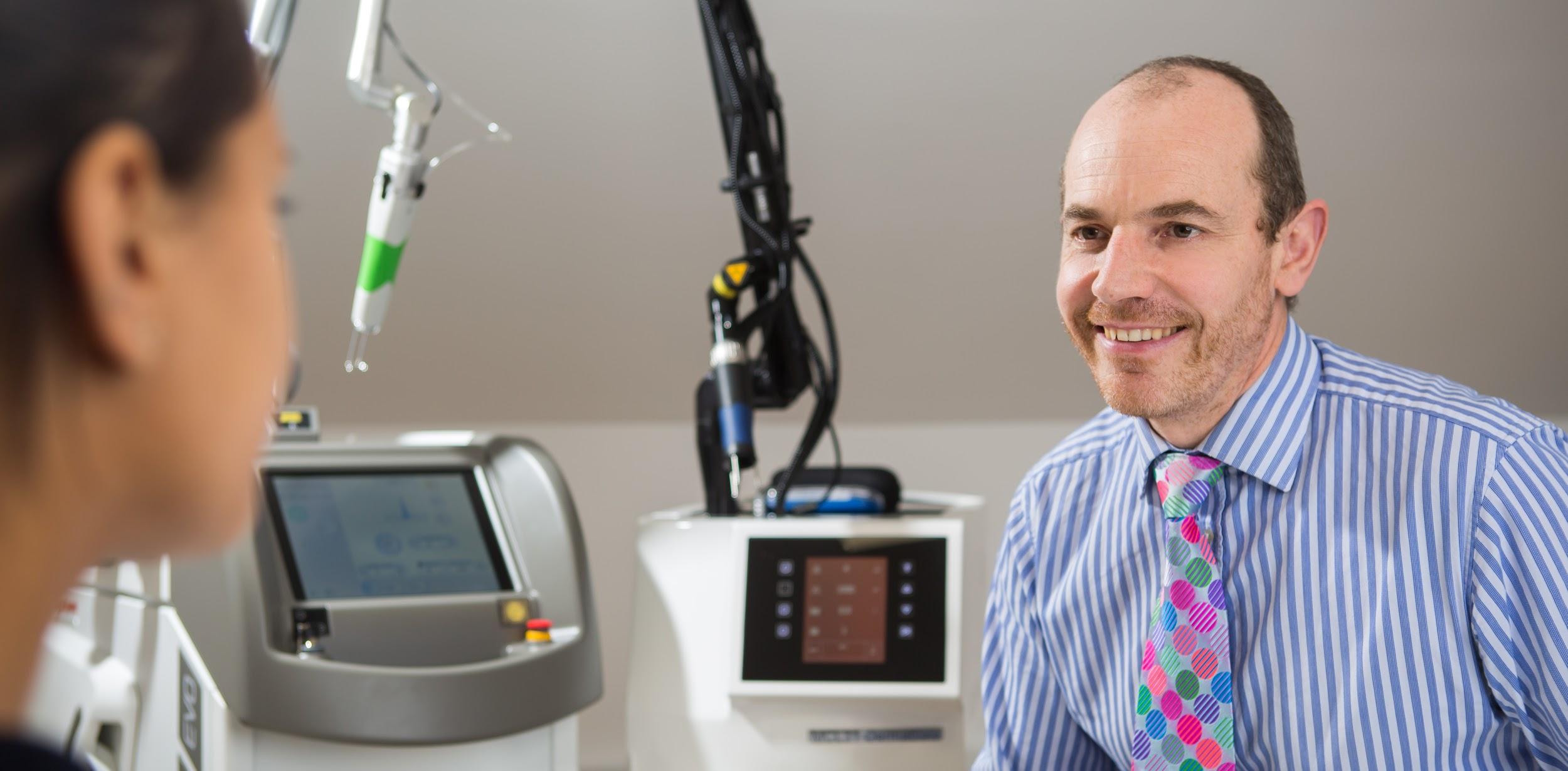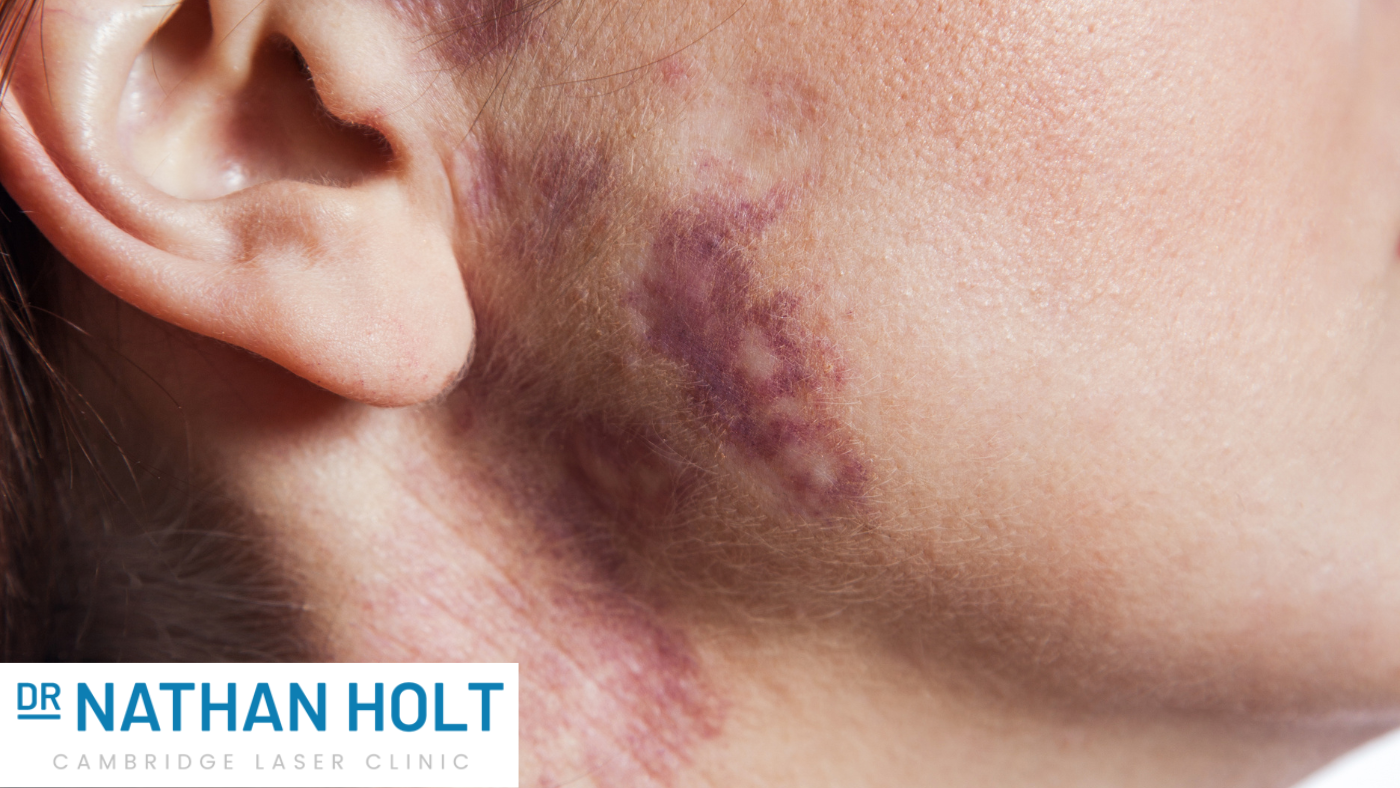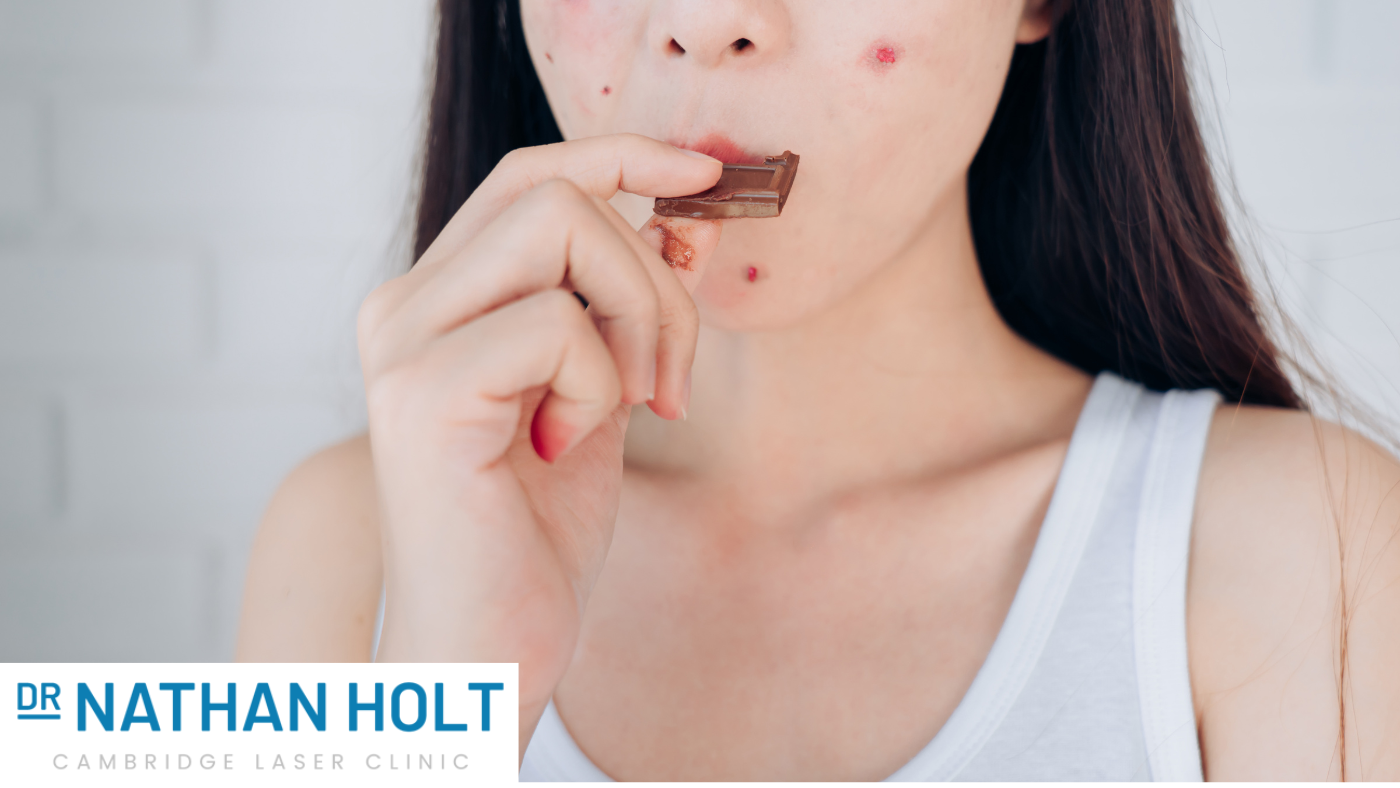Rosacea, a chronic skin condition characterised by facial redness, swelling, and visible blood vessels, can…
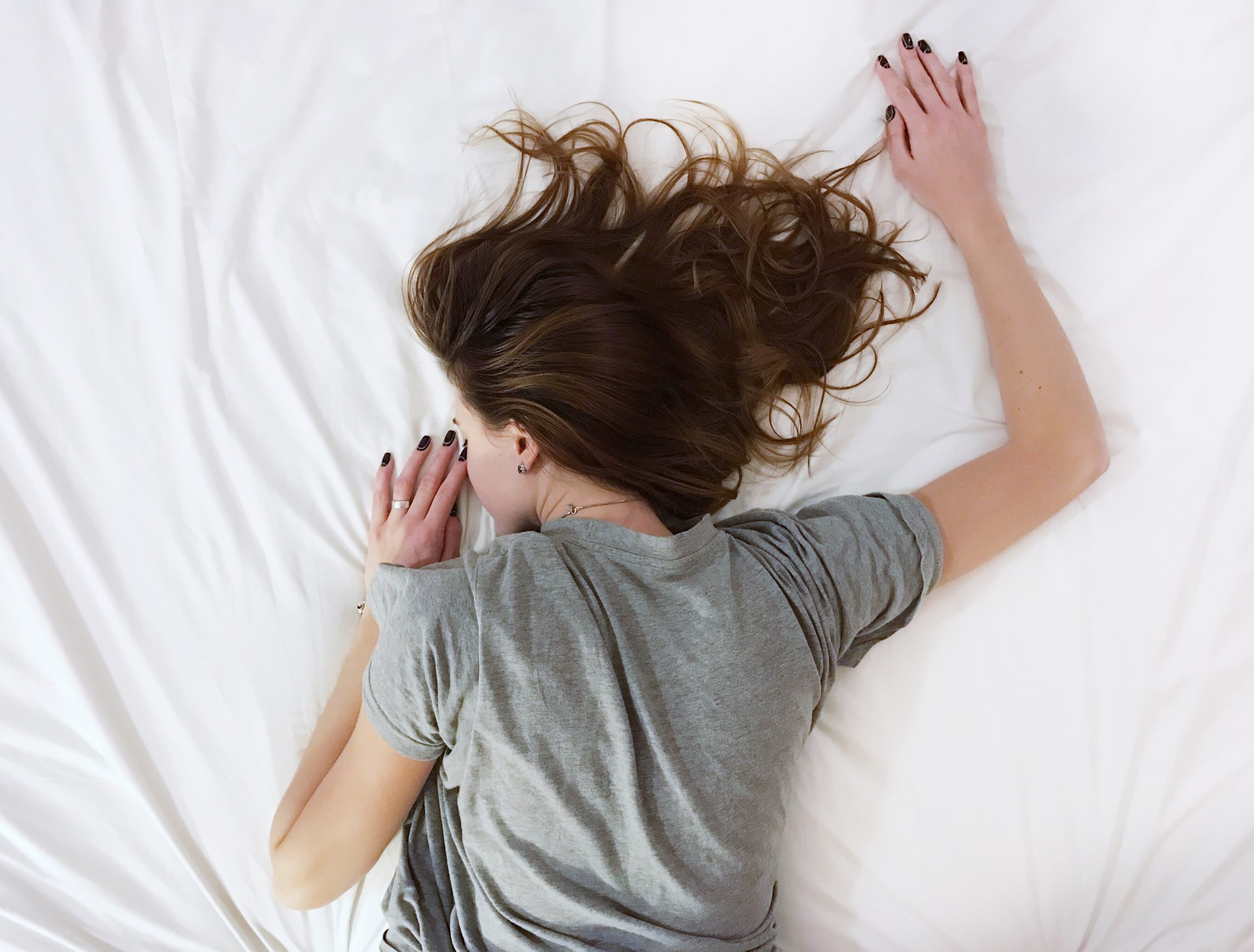
Beauty Sleep: Could Better Sleep Improve Your Skin?
Many people make the mistake of assuming that ‘beauty sleep’ is something spoken about in the media and that it’s a somewhat meaningless term. However, that couldn’t be further from the truth. When you fall asleep, your body finally has a chance to recover from whatever the day has thrown at it. This means resetting itself mentally, rebuilding its energy stores and recovering physically. It’s also the time when the body produces growth hormones, which help to heal the skin. Without adequate beauty sleep, your skin tends to look dull and tired.
How Poor Quality Sleep Affects Your Appearance
There is a lot of information out there about how a lack of sleep impacts mental health and weight, as well as physical health and overall happiness. However, many people underestimate the impact poor quality sleep can have on your appearance. It’s not just a case of having bags under your eyes after a bad night’s sleep and looking a little bit worse for wear; poor quality sleep can actually stop your skin from carrying out much-needed repair work.
Any damage done to skin cells during the day – whether that be damage from UV rays, pollution or another factor – is repaired when you are asleep. If you are not getting enough sleep, these repairs cannot be made. The result of this is your skin looking lacklustre, dry, puffy and uneven. Luckily, a few nights of having enough sleep can make a significant difference.
3 Ways a Good Night’s Sleep Could Benefit Your Skin
There is no denying that everyone looks better after having their beauty sleep, and there are many reasons for this. Not only does a good night’s sleep give your skin the time it needs to repair and heal, but it also reduces the appearance of puffy eyes and bags under the eyes. This helps you to look fresh-faced, rejuvenated and ready for the day.
- By Reducing the Number of Wrinkles – When you sleep, blood flow increases, and this includes increased blood flow to the outer layer of your skin, also known as the epidermis. During this time, the epidermis produces new collagen and rebuilds skin that is showing signs of ageing. This can lead to less sagging, fewer wrinkles, fewer fine lines and fewer noticeable signs of ageing. When you have a good night’s sleep, your skin has more time to produce collagen and more time to combat wrinkles.
- By Helping Skin to Stay Healthy – Not having enough skin can cause the health of your skin to suffer, as the skin doesn’t have enough time to heal itself from the damage done by day to day life. When you are asleep, your skin uses the time to repair itself from things such as sun damage, air pollution, cosmetic products and poor nutrition. If you don’t get enough sleep, your skin is unable to heal, which will directly impact your skin’s health. Plus, it can make existing skin conditions – such as acne, irritations, breakouts and blemishes – worse. With just a few nights of good quality sleep, you can boost the appearance and overall health of your skin
- By Reducing the Chances of a Breakout – Without enough good quality sleep, the body cannot regulate stress hormones and regular hormonal balance. This can lead to breakouts, increased hormonal acne and stress spots. As many people with acne know, there is a direct link between stress and acne. When you get a good amount of quality sleep, your body is refreshed enough to regulate your hormones better. This directly reduces the chances and severity of a potential breakout.
How Many Hours of Sleep Do You Need for Good Skin?
There are a lot of people out there that pride themselves on getting by on five or six hours of sleep, but this could be hugely impacting the health and appearance of their skin. In order to give your chance the time it needs to repair and rejuvenate itself, you should aim for between seven and nine hours of sleep a night.
If you are struggling to get the recommended amount of sleep each night, you will likely start to notice an impact on your skin. This is because sleep deprivation can lead to stress, which then hinders the skin’s ability to produce high-quality collagen. Without collagen, skin tends to look dull and lifeless. A lack of quality collagen can also lead to uneven skin tone, breakouts and signs of ageing.
There are a number of links between a good night’s sleep and reduced signs of ageing, highlighting just how good sleep is when it comes to retaining your youthful looks and not looking old before your time. When you are tired, your skin struggles to recover from sun damage, and this can lead to premature wrinkles. Skin also struggles to fight off the natural ageing process when you are tired, which means an increased number of fine lines and uneven pigmentation.
Of course, not all sleep is created equal. Having enough ‘beauty sleep’ isn’t solely about the number of hours you are asleep for. It’s about the quality of your sleep. Though you may be in bed for the recommended seven to nine hours, this isn’t considered to be good quality sleep if you are waking up every hour.
The majority of bodily repair work happens during REM sleep, which tends to occur during the middle of the night. If you are regularly waking up, REM sleep suffers. Going to sleep at varying times throughout the week and having an uneven sleeping pattern can be just as bad as not having enough good quality sleep.
Sometimes Beauty Sleep Isn’t Enough
Though beauty sleep can make a significant difference in the appearance of the skin, sometimes it’s not enough, and specialist treatment is needed. There are a number of ways to reduce the signs of ageing and give skin a much-needed refresh, many of which are sure to work for you. For more information on improving the appearance and health of your skin, speak to a specialist.

